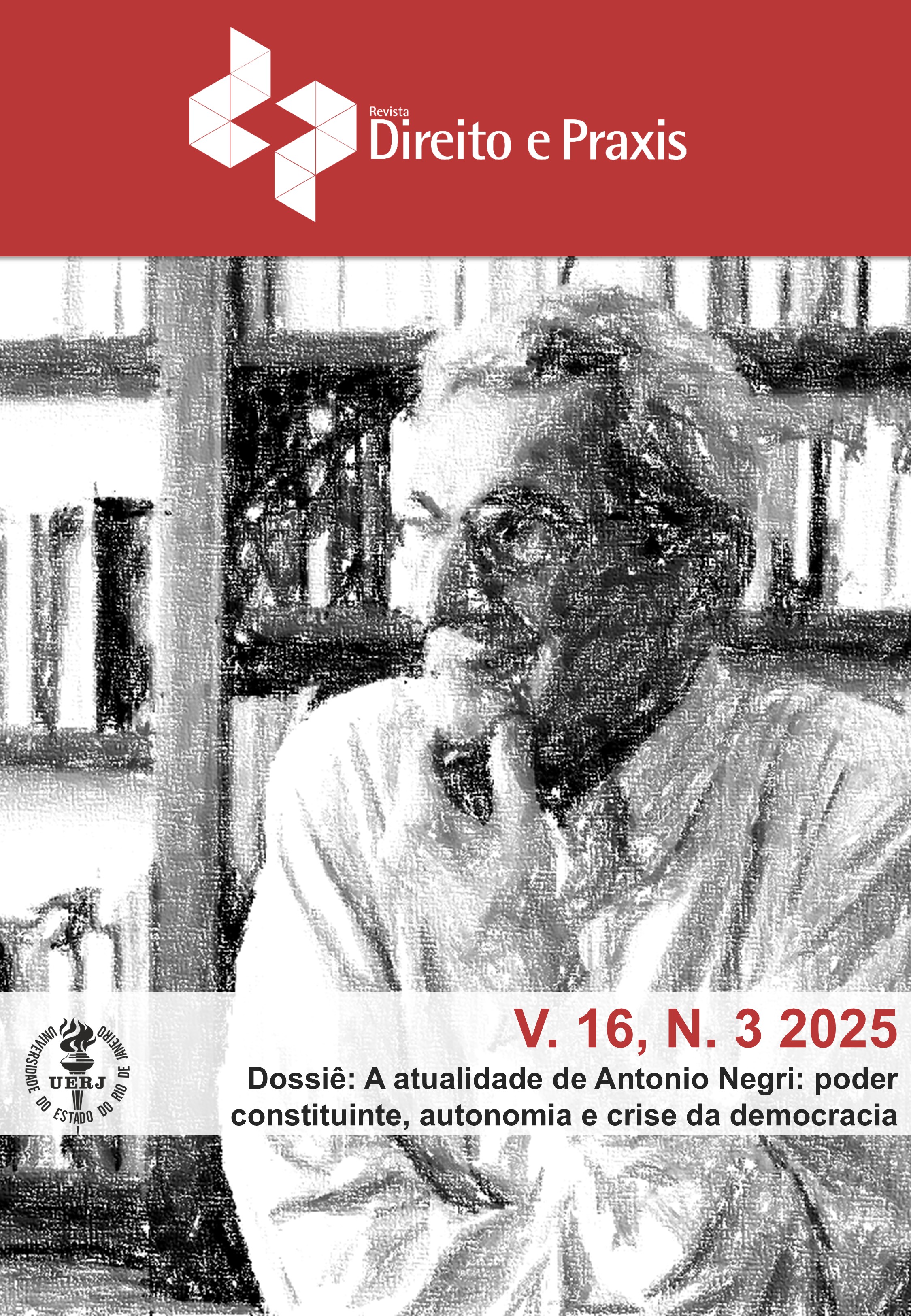Ser mãe ou ser lésbica?
Considerações sobre o caso Atala Riffo e Crianças vs. Chile na Corte Interamericana de Direitos Humanos
Palavras-chave:
Direitos Humanos, Orientação Sexual, Gênero, Reprodução, Sistema de Justiça e DsputaResumo
https://doi.org/10.1590/2179-8966/2025/85557
El presente artículo parte de una elección impuesta a Karen Atala Riffo por la Corte Suprema de Chile en el año 2004: ejercer el papel de madre o ejercer su sexualidad, pero no ambos. Pretende observar las interrelaciones entre las categorías de género, sexualidad y reproducción a partir del estudio del Caso Atala Riffo y Niñas vs. Chile en la Corte Interamericana de Derechos Humanos, entendida como Sistema de Justicia internacional para la resolución de conflictos, mediante la metodología de estudio de caso. Además, más allá de discutir el reconocimiento de la orientación sexual como categoría protegida por la Convención Americana de Derechos Humanos, el trabajo busca reflexionar sobre el discurso utilizado por las Cortes chilena e Interamericana en lo que respecta a las relaciones entre maternidad y orientación no heterosexual. Al final, después de remontar en perspectiva histórica las relaciones de dominación que subyugan la maternidad a la heteronormatividad, objetiva cuestionar la eficacia de la decisión interamericana ante la coyuntura de violencia hacia la comunidad LGBTQIA+. En conclusión, se observa que los Sistemas de Justicia para la Resolución de Conflictos, aunque hayan promovido avances en Derechos Humanos, aún tienen como desafío enfrentar la violencia de género estructural.
Downloads
Downloads
Publicado
Como Citar
Edição
Seção
Licença
Copyright (c) 2025 Daniel Albuquerque de Abreu, Fernanda Busanello Ferreira (Autor/a)

Este trabalho está licenciado sob uma licença Creative Commons Attribution 4.0 International License.
Os textos são de exclusiva responsabilidade de seus autores.
É permitida a reprodução total ou parcial dos artigos da Revista Direito e Práxis, desde que citada a fonte.
Este trabalho está licenciado sob uma Licença Creative Commons 4.0, Atribuição-Sem Derivações.
Esta licença permite copiar e redistribuir o material em qualquer suporte ou format para qualquer fim, mesmo que comercial, desde de que citada a autoria original.
This work is licensed under a Creative Commons Attribution 4.0 International License.




